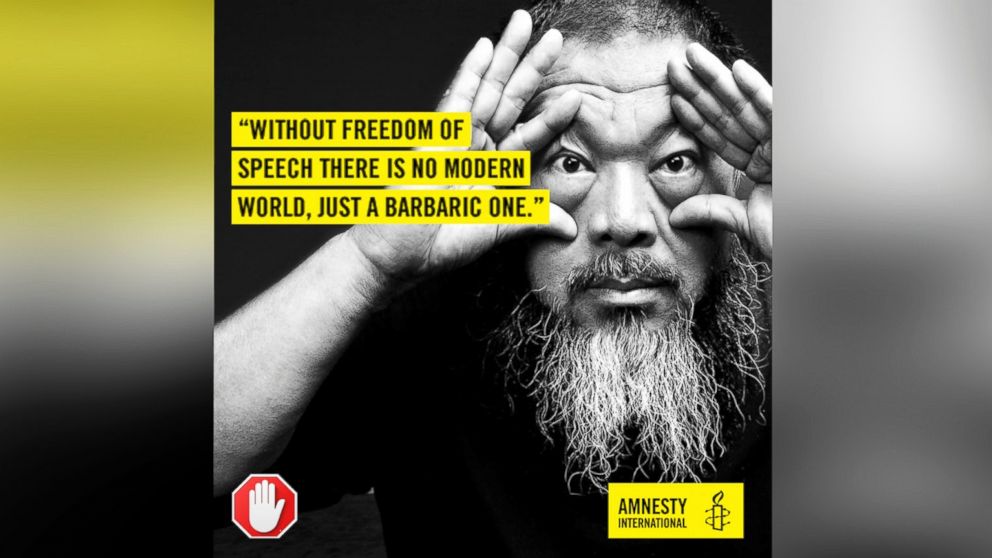AdBlock's Ironic Approach to World Day Against Cyber Censorship
AdBlock software will mark the day by showing ads from privacy advocates.

— -- AdBlock, the browser extension that is known for blocking annoying advertisements, is taking an ironic approach to celebrating World Day Against Cyber Censorship by showing its 50 million users advertisements featuring Edward Snowden, Pussy Riot and other activists known for their support of free speech.
Working with Amnesty International, the campaign is being done to raise awareness of World Day Against Cyber Censorship is on Saturday, March 12. During that time, AdBlock CEO Gabriel Cubbage pledged to replace many of the banner ads the software would normally remove with advertisements protesting censorship.
The ads, which are set to launch around 4 p.m. ET today for AdBlock users, will then link to "content from people governments have tried to silence," a post on Amnesty International's website said.
"We’re showing you Amnesty International banners, just for today, because we believe users should be part of the conversation about online privacy," Cubbage said in a blog post. "Tomorrow, those spaces will be vacant again. But take a moment to consider that in an increasingly information-driven world, when your right to digital privacy is threatened, so is your right to free expression."
Cubbage said the campaign is especially timely given Apple's ongoing battled with the FBI over a locked iPhone used by one of the San Bernardino shooters.
"Regardless of whether Apple’s case is dismissed, warrantless electronic surveillance, both foreign and domestic, remains far from dead," he said. "For American citizens, it’s increasingly apparent that neither the Constitution nor the Bill of Rights can protect us from government abuse of technology. And no matter where you’re from, there’s no guarantee that either technology or legislation can protect you from your own government."
Amnesty International reported people in more than 16 countries were arrested in the past year for "what they said or did online."



